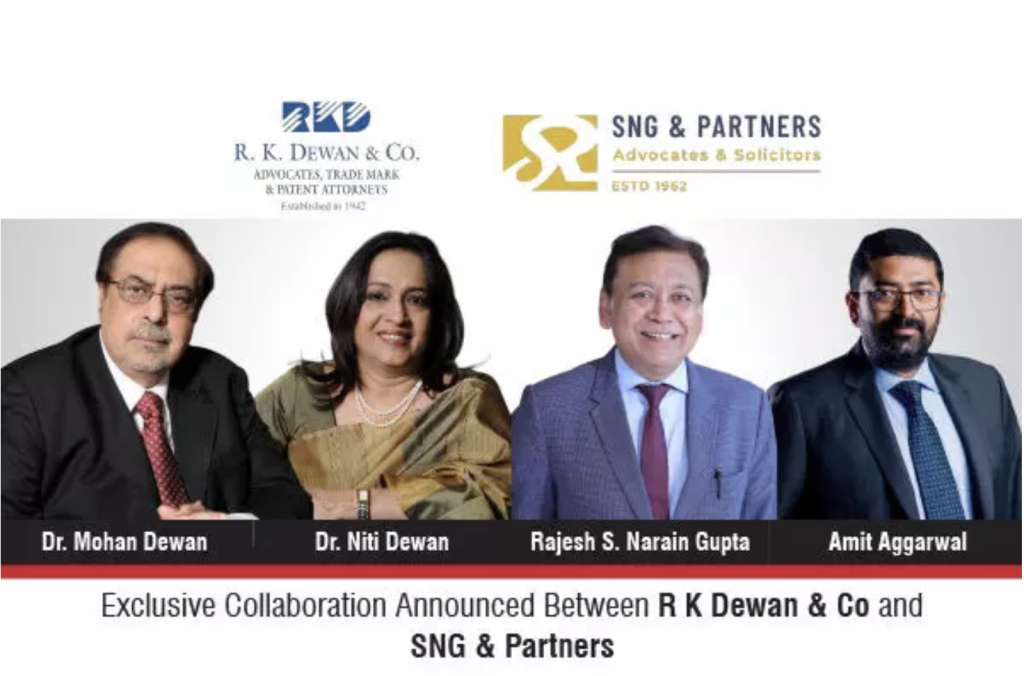Streaming platforms are already on the backfoot as far as tackling religious and political themes go, with some finished projects not even releasing. It is now becoming increasingly common for films and shows to be delayed or put on the backburner by OTT services.
Video-streaming platforms, once a breeding ground for bold, irreverent shows that allowed makers to experiment with content without constantly looking over their shoulders, are increasingly coming under political pressure, hurting a medium already grappling with slow subscriber growth.
Take, for instance, the recent controversy where the release of Yash Raj Films’ period drama Maharaj on Netflix was stalled for a week by the Gujarat High Court.
Maharaj is a period drama based on the 1862 Maharaj libel case, where a social reformer had taken on the powerful Vallabhacharya sect, claiming that the godman used to exploit his women devotees under the garb of religious practices.
Members of the Vaishnavite Pushtimarg sect, devotees of Lord Krishna, objected to the film’s narrative in the court. They argued that the film might distort the religious practices they follow and incite tensions.
Streaming platforms are already on the back foot as far as tackling religious and political themes go, with some finished projects not even being released. It is now becoming increasingly common for films and shows to be delayed or put on the backburner by OTT services.
Entertainment industry experts say this can be an outcome of both judicial verdicts or platforms self-censoring their content, adding to a backlog of unreleased titles in the industry.
This comes at a time when several small-time producers who had created independent web series for streaming services are struggling to find buyers as subscriptions plateau and platforms spend less on content.
“The socio-political pressures that have historically impacted theatrical film releases in India are now extending to OTT projects, potentially contributing to a growing number of unreleased titles,” said Aslam Ahmed, partner at law firm Singhania & Co.
Unfinished Business
Unreleased and shelved projects represent significant financial losses for OTT platforms, Ahmed said.
“OTT platforms initially offered a refuge for more daring and diverse content, free from traditional censorship constraints. However, as these platforms gain popularity and reach wider audiences, they also attract scrutiny and criticism from various political and social groups.”
Further, audiences, drawn to streaming services for their diverse and edgy content, may find themselves disappointed by the increasing prevalence of self-censorship, potentially leading to a decline in subscriber numbers and viewer engagement.
“All platforms have rationalised costs, so it is anyway getting tough for producers with ready shows to find buyers. There is already a glut of unreleased projects, which is getting worse with shows or films landing into political controversies, and, hence, not seeing the light of the day,” said a senior executive at a streaming platform.
While services are already being cautious about possible political controversies during scripting and production stages, the other strategy is to keep the release of such controversial content low-key, refraining from a marketing blitz ahead of the release, as was the case with Maharaj.
Earlier this year, Tamil film Annapoorani: The Goddess of Food was removed from Netflix after members of hard-line Hindu groups objected to the plot where the protagonist, a Hindu Brahmin woman, goes against her family to cook and eat meat.
Film producers and content creators agree the Indian film industry has a history of political controversies affecting theatrical releases. Films like Padmaavat faced significant hurdles before their eventual release.
“The trend of political controversies impacting content release is indeed extending to OTT projects,” Nilesh Tribhuvann, managing partner, White & Brief-Advocates & Solicitors, said.
“Increasing intervention by right-wing groups is contributing to a growing list of unreleased titles. This situation not only stifles creative expression but also leads to significant financial losses for creators and platforms alike.”
An Unwelcome Sequel
Ayan Sharma, head of public policy and advocacy at law firm BTG Advaya, agreed that the trend of OTT platforms facing backlash from various interest groups has been on the rise. These incidents often occur when content—whether in films or TV series—pertains to historical or current events, or portrays sensitive themes.
Interest groups often take offence, leading to protests and controversies. In 2020, ZEE5 had confirmed suspending its Tamil web series Godman after receiving severe backlash and criticism from religious organisations.
The trend follows a more established one, of theatrical films not being released, or released late, due to them being at odds with the prevailing political or cultural climate. Kissa Kursi Ka in (1977), Gokul Shankar (1963), Aandhi (1975) and Bandit Queen (1994) were caught in similar political cross hairs.
However, Aarushi Jain, partner at law firm Cyril Amarchand Mangaldas, pointed out that what can or cannot be published on a OTT platform is a decision taken by the platform, guided by various factors such as law, policies, sensibilities or maturity of the audience, potential to hurt sentiments of the society or backlash from public or sections of it.
“The trend of unreleased titles due to political controversies could extend to OTT projects. The OTT space, initially perceived as a less regulated platform, is now facing similar scrutiny and pressure as traditional cinema,” said Aasish Somasi, SNG & Partners.
“This could lead to a situation where projects deemed ‘risky’ might struggle to find a release, contributing to the existing backlog of unreleased content. While there haven’t been widespread instances of projects being entirely shelved, there is a noticeable trend of platforms opting for safer content choices.”
To be sure, platforms have definitely become more careful and would rather err on the side of caution. Projects can be pulled back post-release depending on how they are received by the audience, but more recently, public pressure and fear of a political backlash have resulted in script changes and plot changes.
At times, the fear of a backlash has also resulted in productions being halted mid-way or being shelved completely even after being shot, according to legal experts. However, going forward, much depends on the draft Broadcast Services (Regulation) Bill floated by the government.
“A large part of this will ultimately depend on whether the Bill becomes law,” said Pritha Jha, partner, Pioneer Legal. “If that happens, there will be a content evaluation committee that will evaluate everything in any case. Until then, OTT platforms still have some semblance of control.”



